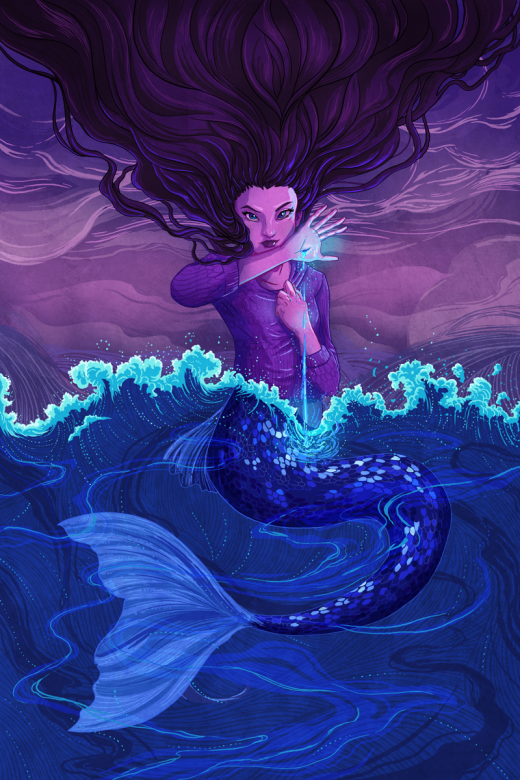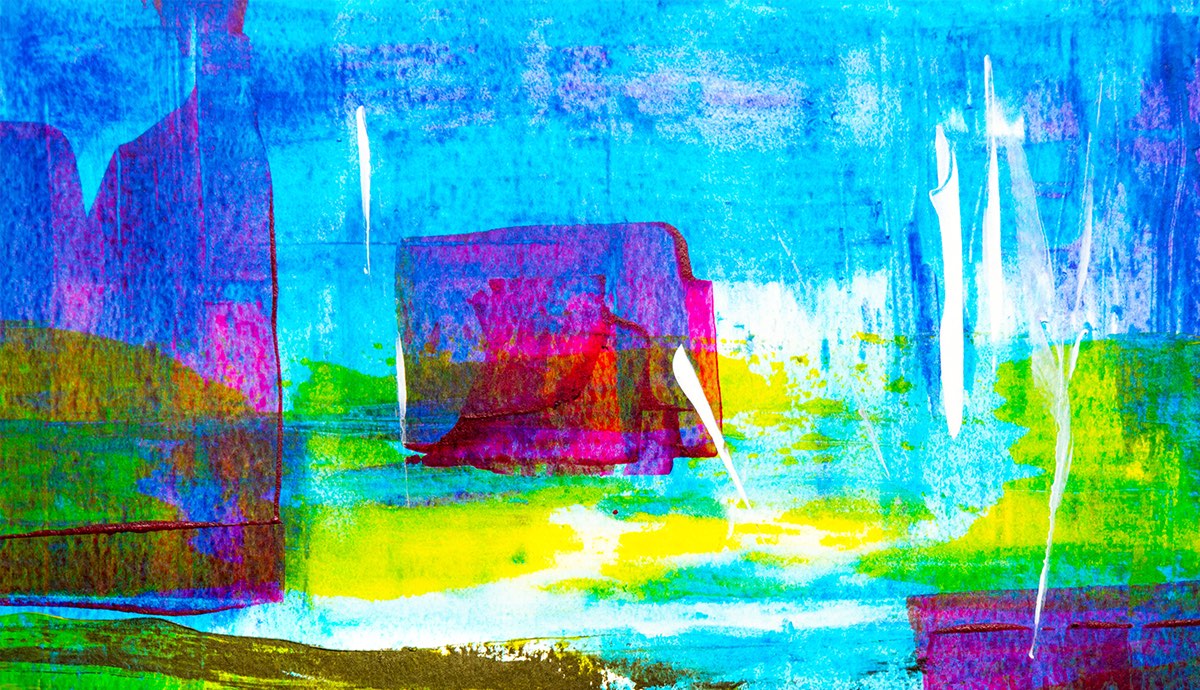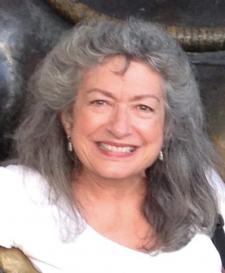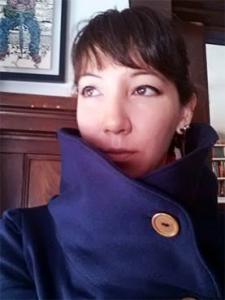A Visit from the Friendly Aunts

The poem refers to my mother's sisters, who I spent a lot of time with while growing up on the island of Oahu during the 1950s, in what was then still the Territory of Hawaii. Two of them lived with my widowed grandmother—one with her three children, and one who was solo until later in life. (There's a long story there.) I've also written about them in my chapbook Cassiopeia Above the Banyan Tree: Poems About Hawaii, published online as "Mudlark 33," and later in an expanded print edition by Rattlesnake Press.

The aunts were surrogate mothers to me, a latchkey kid much of the time, left alone during summers and after school hours. My aunts and the house they inhabited together became my home away from home, offering a chance to play with my cousins and their neighbors, the chance to watch the older aunt make malasadas or coconut cream pie from scratch (which entailed the children cracking open the coconuts and draining their milk while sitting cross-legged in the backyard beside a laundry pole).
The younger, solo aunt gave me another opportunity—to be taken (often!) to the roller derby in Honolulu, where I learned to cheer for her heroine Joan Weston, and was even encouraged to put on a pair of roller skates myself, an occupation which didn't last beyond my eleventh year. (My poem about this, "Roller Derby," appears in my book The Fortunate Islands.)
A third aunt—the youngest—lived on the top of a mountain called Tantalus. I spent many summer days there also, surrounded by rain forest and younger cousins, feeling at home and part of the family.
So that's the backstory to "A Visit from the Friendly Aunts." I've always been interested in the intersections between metaphysics and cosmology and I've spent a lot of time over the years contemplating them. (I've written about some of my early adventures along those lines in my most recent book, Spider Season.) The poem imagines my aunts in their new lives as cosmic dust, materializing, as they did in my childhood, to buoy me once more.
Why the villanelle form? It seems to embody their grace, lightheartedness, and determination.
Recommended
Nor’easter
Post-Op Appointment With My Father
Cedar Valley Youth Poet Laureate | Fall 2024 Workshop







